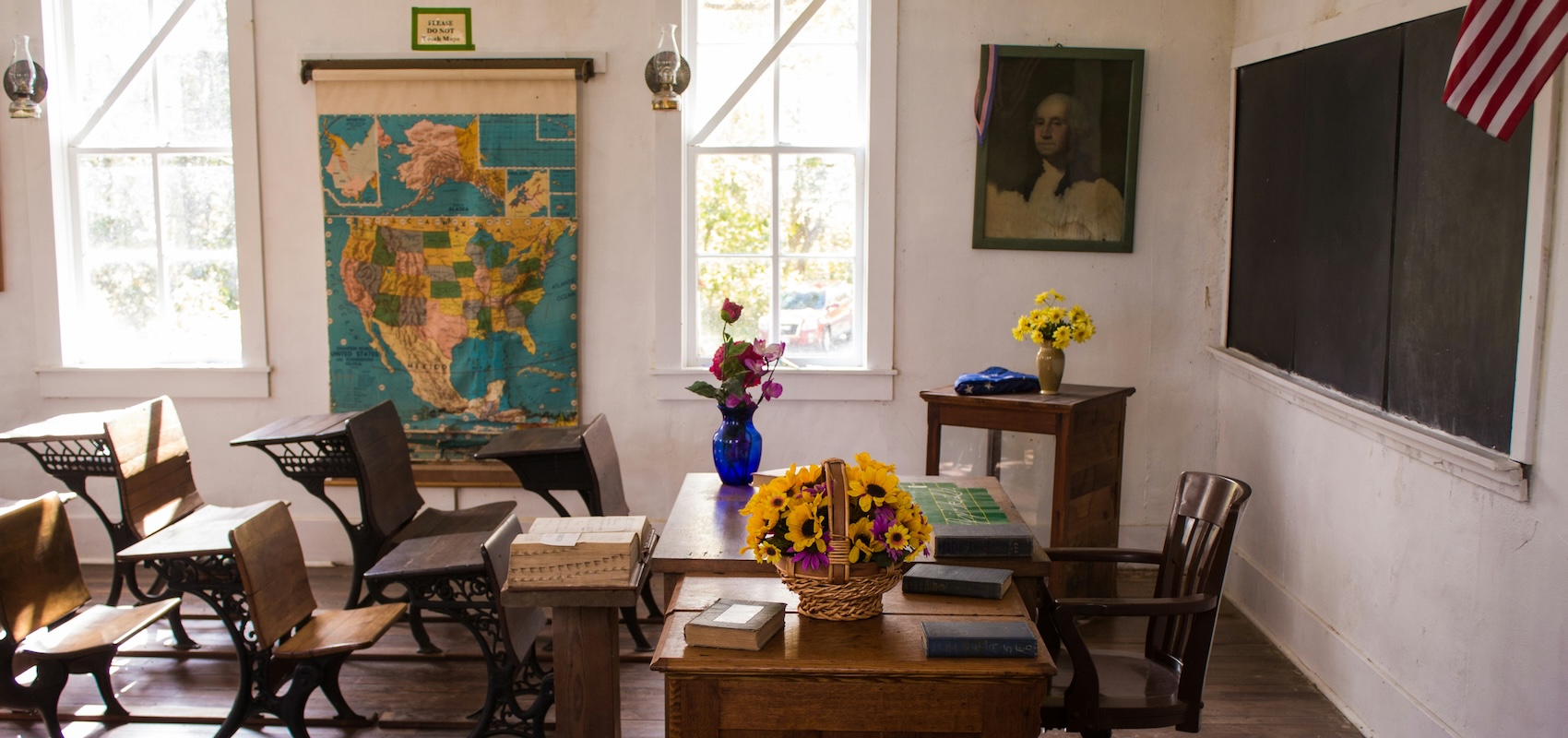
It is a historical fact that Christianity played a central role in the colonization of the New World and the formation of the United States (the missions of California, religious freedom sought by the Puritans, the speeches of Abraham Lincoln and William Jennings Bryan, the abolitionist and Civil Rights movements, the poems of Whitman and stories of Hawthorne, and so forth). A well-known study from 1984 reviewed more than nine hundred public political writings published between 1760 and 1805 in order to determine what sources most influenced the discourse of the day. The Bible was the clear winner—with Deuteronomy being the most-cited book—easily beating whole groups of thinkers in the survey (Enlightenment, Whig, Classical). The author of the study was careful to note “the prominence of biblical sources for American political thought, since it was highly influential in our political tradition, and is not always given the attention it deserves.”
Any basic course in American civics and history, then, should give Christianity its essential place. Yet in the Advanced Placement (AP) course in U.S. government and politics, that isn’t the case. The two-hundred-page course guide that lays out skills and content doesn’t mention Christianity or the Bible—not once, even though it professes to cover “the intellectual traditions that animated our founding.” Religion appears in discussions of the First Amendment, but those references treat religion both generically and ahistorically. Nothing specifically Christian or biblical comes up.
The AP U.S. history course is no better. The home page for the course features a chronological layout of topics that include events, themes, and conditions such as the Articles of Confederation, the rise of industrial capitalism, and “Youth culture of the 1960s.” There are fifty-three of those topics, in fact, and only one of them makes any explicit reference to religion: the Second Great Awakening. Reviewing that list, one would have no idea that, as Tocqueville put it, “America is still the place in the world where the Christian religion has most retained true power over souls,” or that the abolitionist and Civil Rights movements were deeply Christian endeavors.
This is historical malpractice. It scrubs Christianity from the American heritage. Kids who take AP history and civics leave with a false picture of the past, a secular vision of a religious nation.
We needn’t ask why this has happened. What we should ask is why Christian schools—including Catholic schools—choose to run AP courses in these “softer subjects.” Why would religious institutions adopt materials that rule out the very content those institutions wish their students to learn and appreciate? The College Board is secular in outlook, as is the elite academic scene from which AP takes its cues. (AP courses are intended to replicate the rigor and content of freshman college courses.) It is true that AP high school teachers in these areas have some latitude to craft their own syllabi and choose preferred texts, but they can’t stray far from the curricular guides if they want their students to perform well on the AP test at the end of the year.
Of course, Catholic high schools have to offer AP classes. If they don’t, they lose students. Achievement-oriented parents demand them, believing (often rightly) that elite college admissions depend upon their successful completion and upon high marks on the tests.
Catholic leaders need an alternative. The other day I learned that the Classic Learning Test (CLT) is embarking on that very project: courses that are just as rigorous as AP but put Christianity in its actual place in the American past. Creating such courses is the easy part. The hard part is persuading public and private colleges to accept CLT course-completion and test-taking as deserving of AP-type credit. It will take the same kind of legwork and lobbying that CLT has done to get schools and states to accept CLT tests as part of the undergraduate application (not just SAT and ACT tests). That has already happened. I see no reason why the same won’t be the case with CLT courses.
This is a project that should be on the agenda at the next U.S. Conference of Catholic Bishops meeting.
An Important Civics Lesson, Well Taught
The permanent exhibit in the rotunda of the National Archives in Washington, D.C., includes original copies of…
The Cambrian Implosion
A historical moment ago, it was too obvious for words, but: Life is a blessing. So to…
Undermining the Church’s Public Witness
Bishop Thomas J. Paprocki recently wrote in these pages that the Archdiocese of Chicago’s plan to grant…

